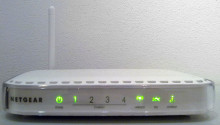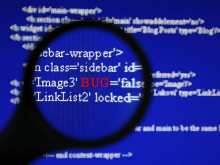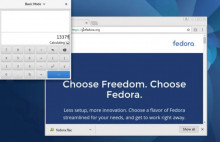Hackers could take control of a plane using in-flight entertainment system
L33tdawg: I'm surprised that 3 years after Hugo Teso demo'ed 'hacking planes' at HITB in Amsterdam, this still makes the news.
A flaw in an in-flight entertainment system used by major airlines including Emirates, Virgin and Qatar could let hackers access a planes' controls.













































































